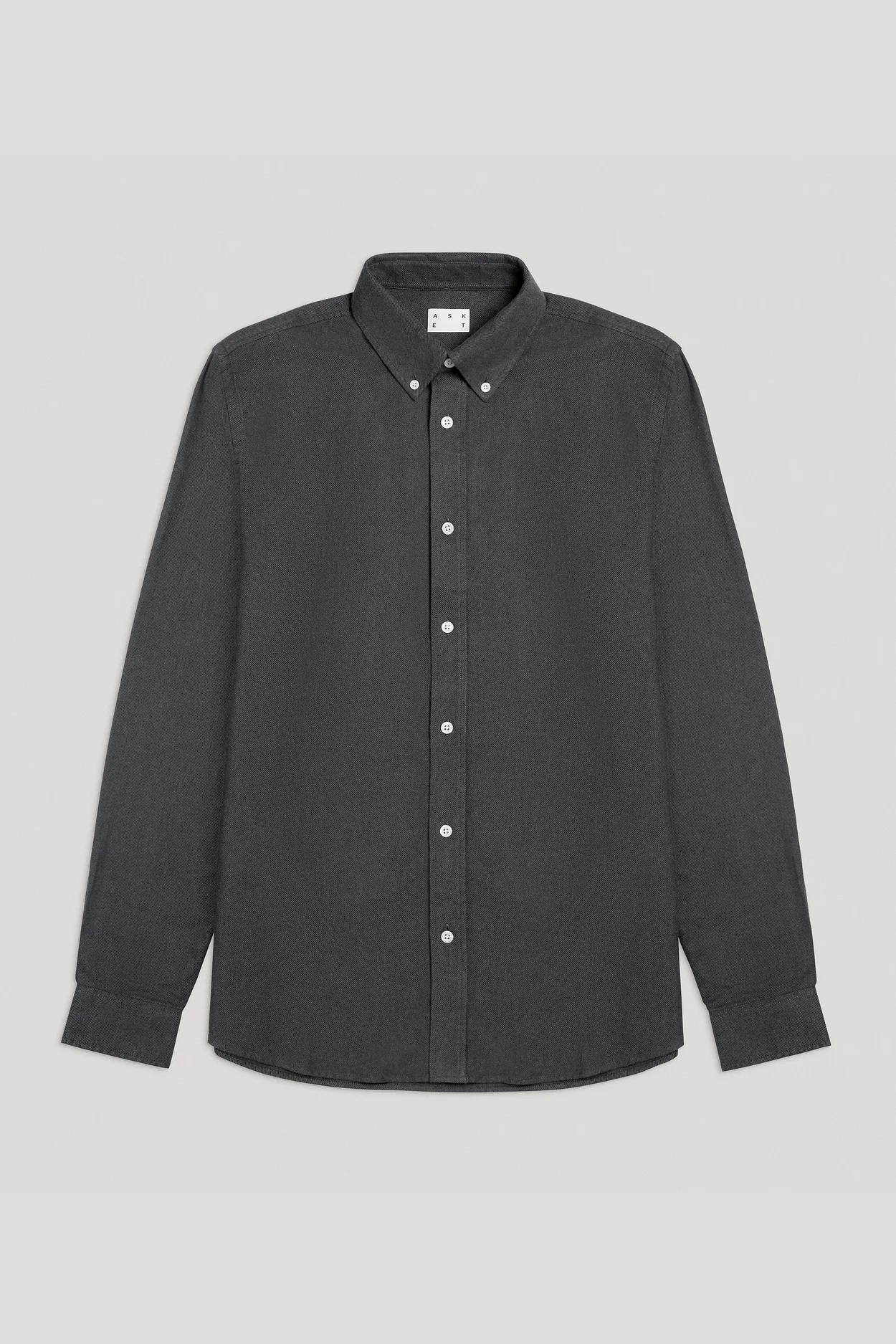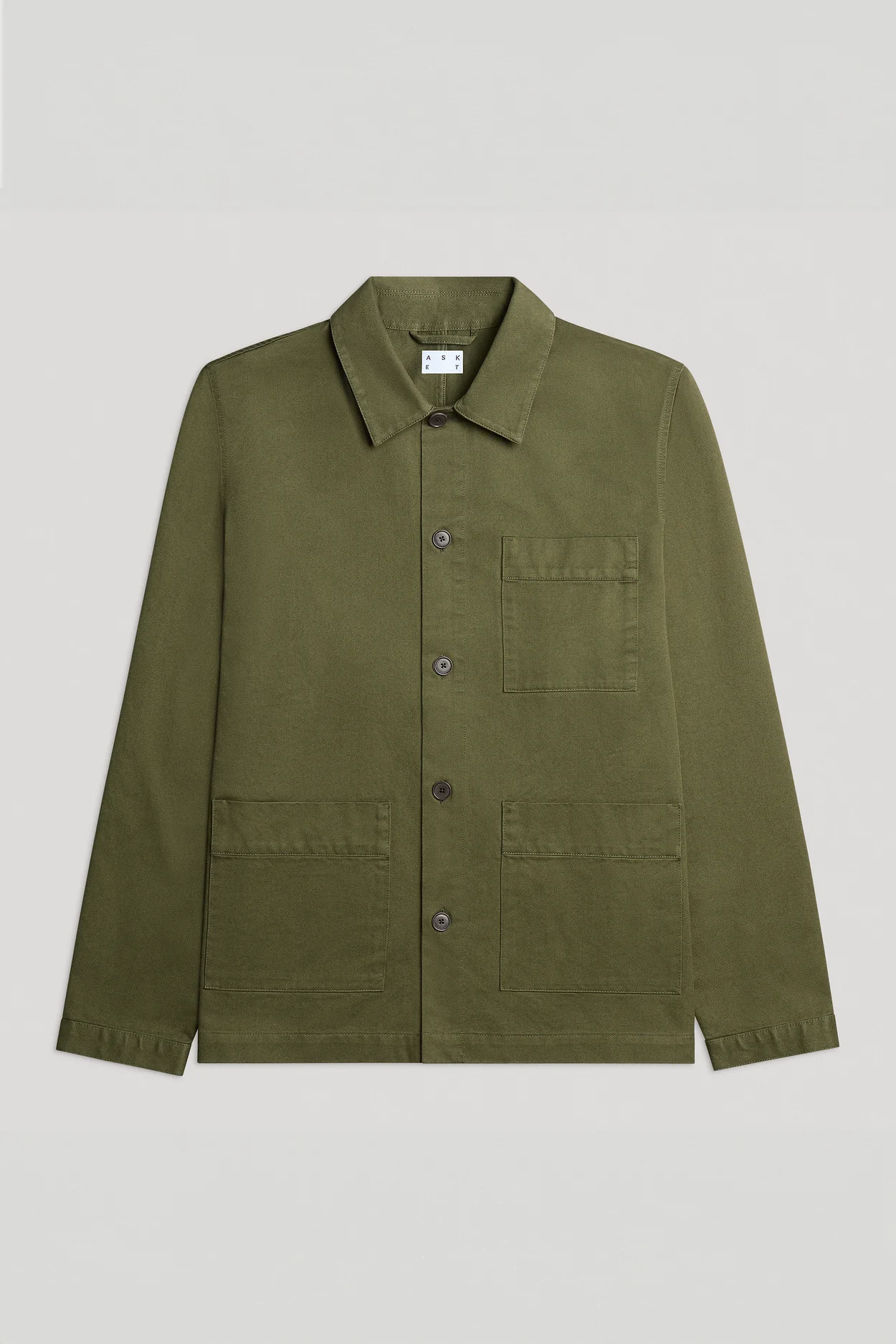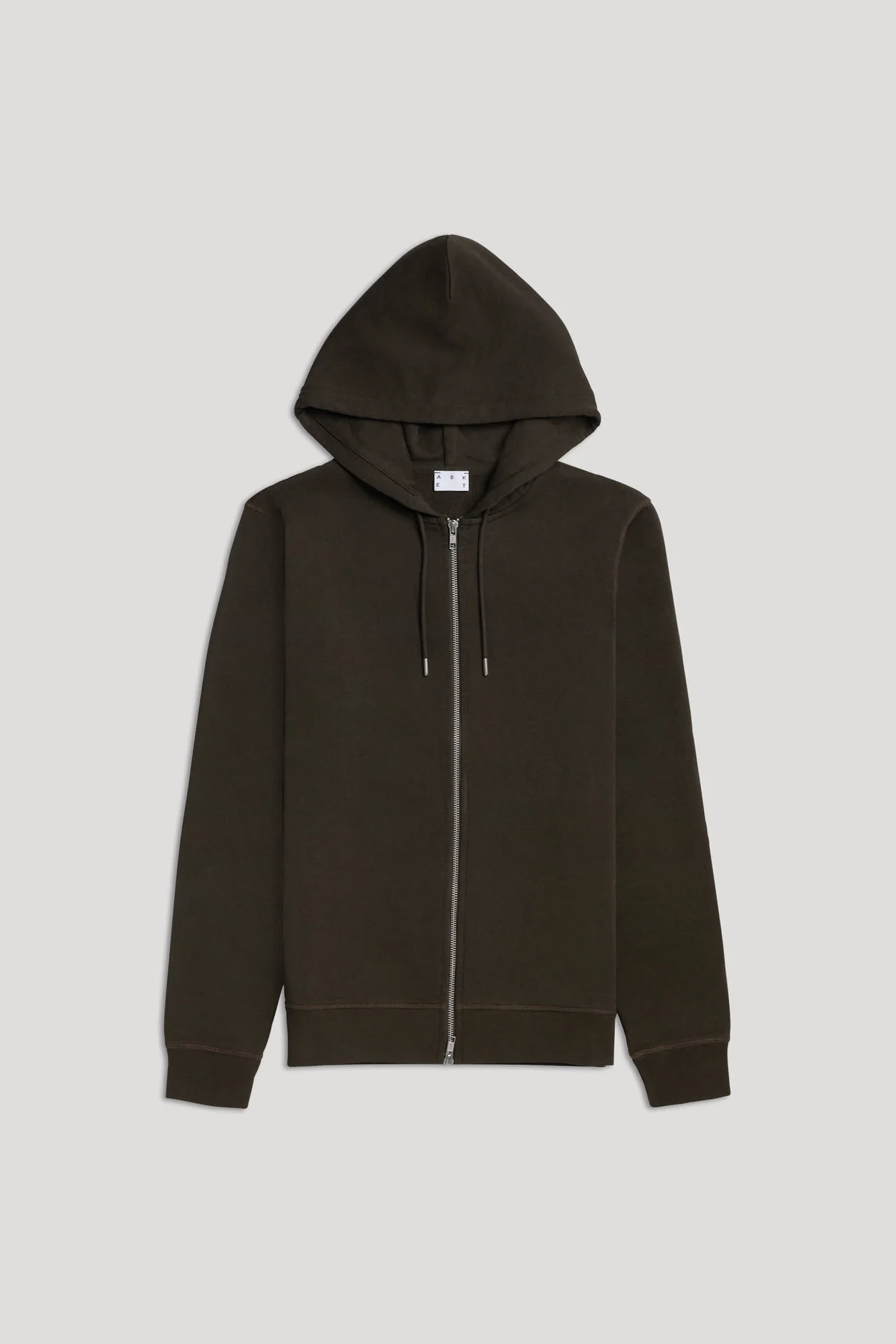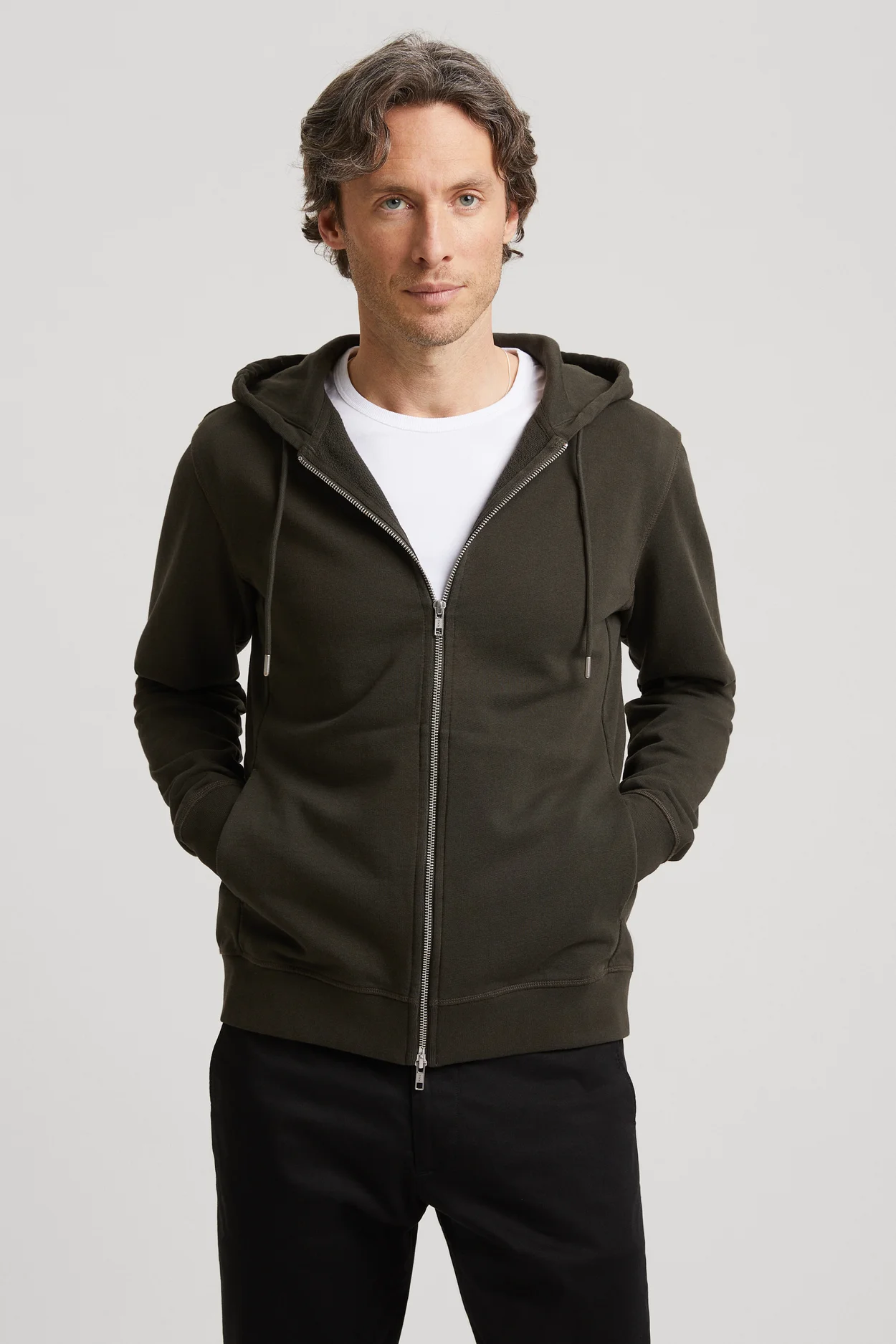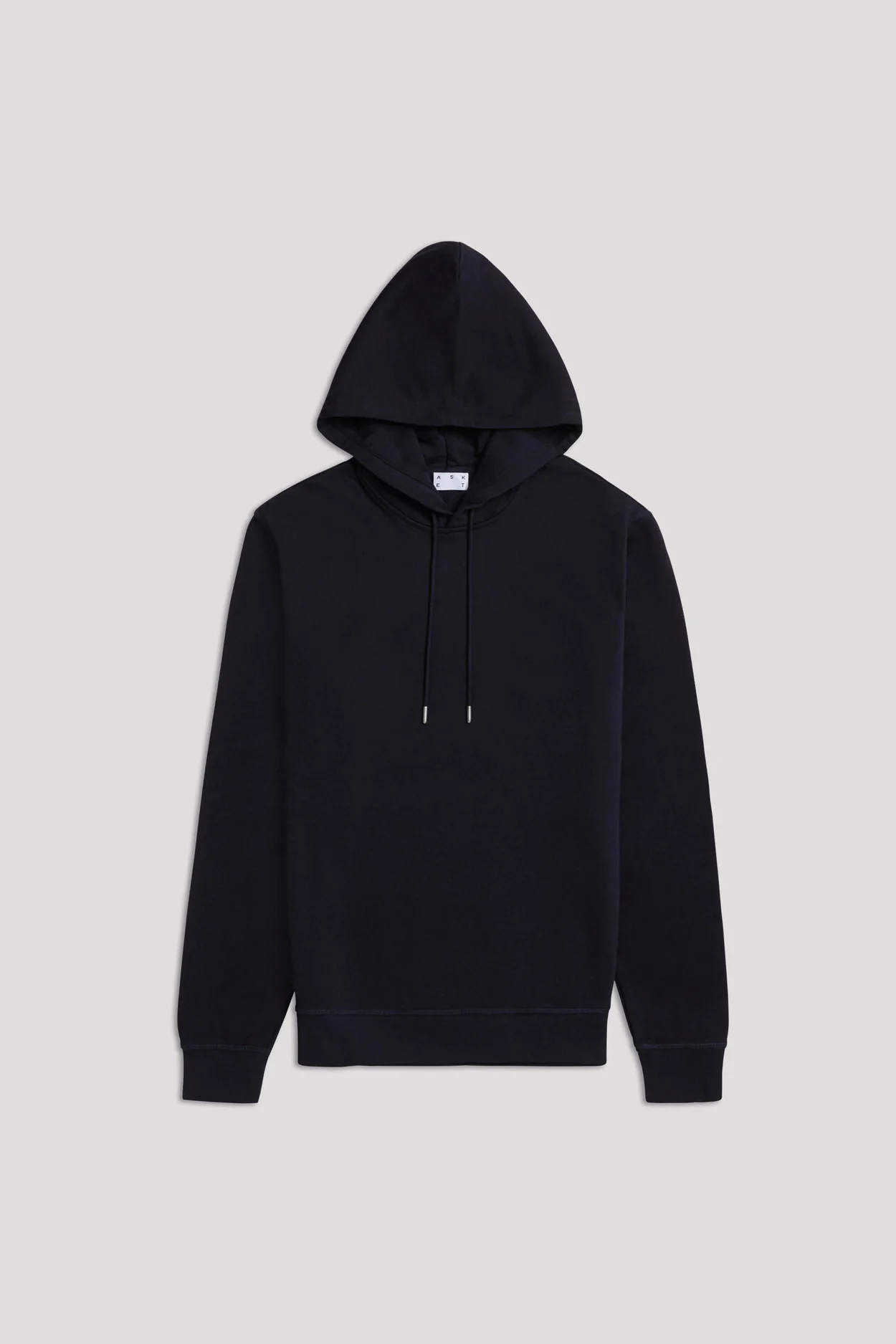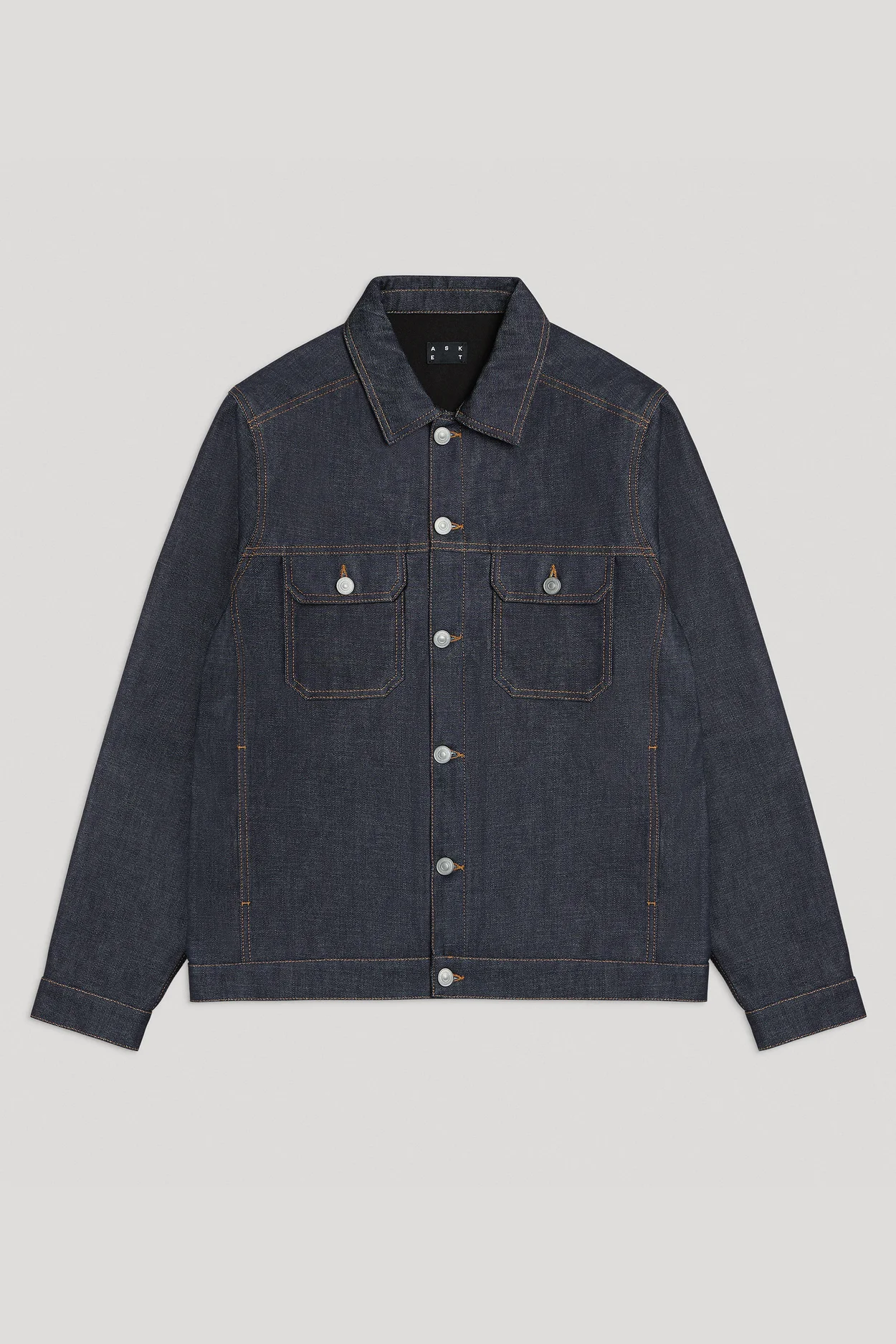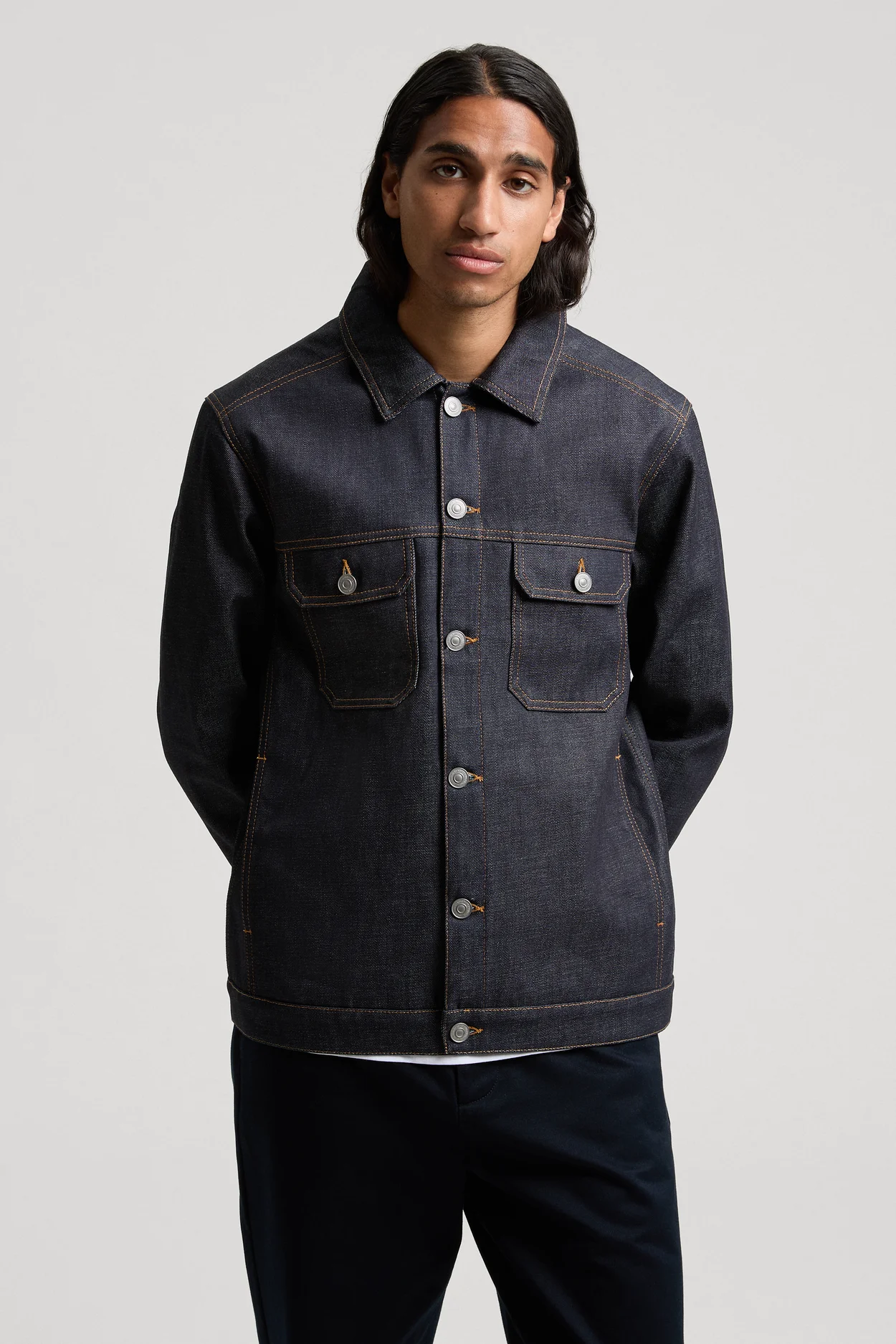No tariffs or duty on orders below 800 USD | Free shipping from 150 USD | Free exchanges


The Struggle To Get To 100% Organic Cotton
In 2019 we proclaimed the transition of all our cotton products to organically farmed cotton within two years. We failed, and here's why.
Stockholm, August 6th, 2021 - by August Bard Bringéus, Co Founder, ASKET
Two years ago, in our first draft of The Principles, we committed to having all cotton products sourced from organic cotton by summer 2021. The summer of 2021 i nearing its end and it’s time to report back on our goal. In short: we failed. We’ve done great progress and invested enormous amounts of time and resources to get there, but it hasn’t been enough - here’s why.
Organic, Not "Sustainable"
For us, going organic, is not just paying lip service to a trend in the industry or to capitalize on the increasing consumer demand for “sustainable” goods, it’s about doing the right thing. It's a necessary step in supporting social and environmental reasons at a farm level and to reduce human and environmental exposure to chemicals as well as better preserve biodiversity. Organic cotton, in short, means no chemical insecticides or pesticides are used, eliminating workers and the environments exposure to toxins, preserving soil fertility while not harming rivers or freshwater sources near the farms. In our case, we aim for GOTS certified materials, which also ensure high standards in terms of working conditions. That said, “organic cotton” doesn't mean that our garments become "sustainable" or even organic as a whole (at the very latest in the dying stage chemicals - approved of course - are applied). Organic cotton may even require more water to cultivate than conventional cotton, but the benefits for workers and the environment warrant the transition. As we have mentioned before, nothing is created "impact free", there are no silver bullets, rather, we’re constantly faced with trade-offs, and our goal is to navigate these trade-offs by measuring and reducing our impact in the most considered, targeted and meaningful ways. Choosing organic cotton over conventional cotton is one of them.

Longevity Over Cerfitificates
It's an exciting but slow, and tough, journey we’re on, transitioning to having exclusively organically farmed cotton in our products. We are first and foremost committed to quality and creating essentials that will stand the test of time and will be worn longer, as to minimize the relative impact of their creation. To make sure that's the case, we not only source long and hard to find the rarest organic cotton fibers, but once we’ve found those fibers we custom develop and wear test all new materials thoroughly: in-house by our team; with customers in Stockholm who volunteer to wear, tear and feedback; and lastly by blind-testing our products at scale, injecting organic cotton substitutes into our regular inventory without communicating it to customers. As you can imagine - all that takes time.

Matching Expectations
As per our Principles, since 2020 all new cotton garments are made from organic cotton. While it’s tough to source organic cotton of the highest quality for a new garment, our biggest challenge is the transition of our existing cotton garments into organic. Firstly, we must pay the utmost attention to match or exceed the quality, look and feel of the existing garment - we can never replace a product with something organic, but inferior and need to match or exceed our customers high expectations on quality and durability.
Secondly, since we don't remove anything from The Permanent Collection, once we are satisfied with the quality of an organic cotton substitution, we need to phase out the existing stock in conventional cotton and don't communicate the essential as made from organic cotton until we know that we've replaced our entire inventory and every order we ship will contain only organic cotton garments.
Organic Cotton Scarcity
Lastly, in a generally happy turn of events in an otherwise troublesome 2020-2021, apparel brands across the world are throwing themselves at organic cotton. While a shift in the right direction, it doesn’t come without implications; with only a fraction of global cotton supply being certified organic, there just isn't enough supply to keep up with demand. What's more, finding the finest, longest staple qualities from organic cultivation is even harder. So in an unforeseeable combination of supply chain nightmares due to both the global pandemic AND the surge in organic cotton demand, it's recently become even tougher to source and develop organic cotton qualities, scale their production and get them delivered in time. The effect is that the qualities we strive to source are rarer and more expensive then ever. Ultimately 2020-2021 will probably go into the books as the worst possible years to move to organic cotton, follow through with our transition.
But rest assured, we're making progress. And in the meantime, there are already plenty of our essentials available in 100% organic cotton.
